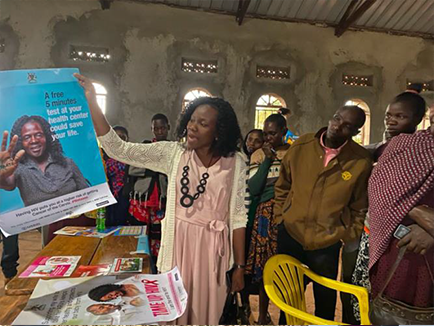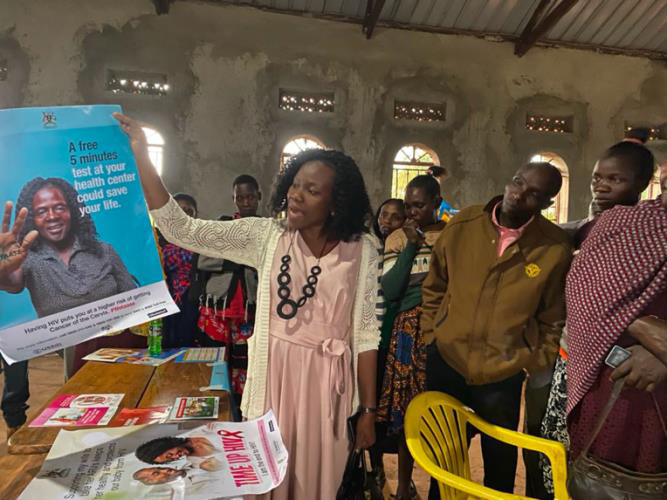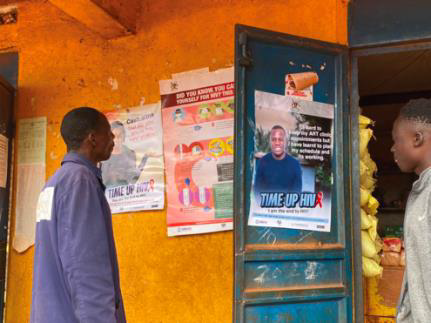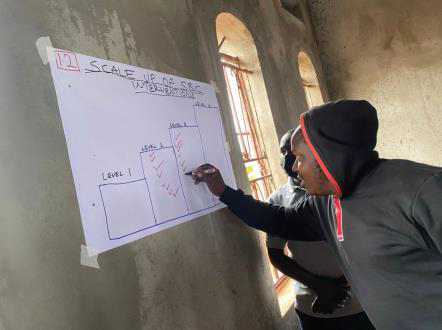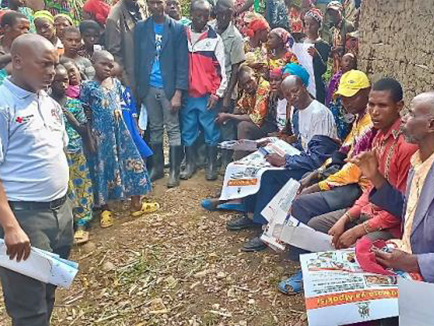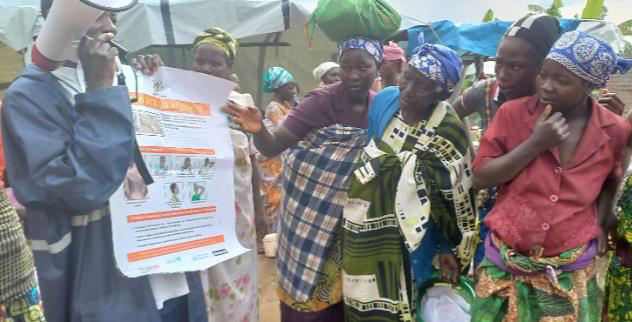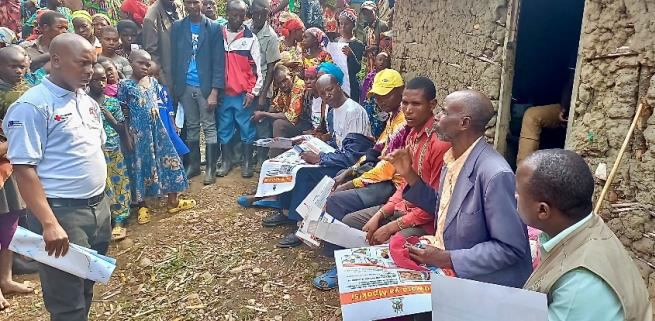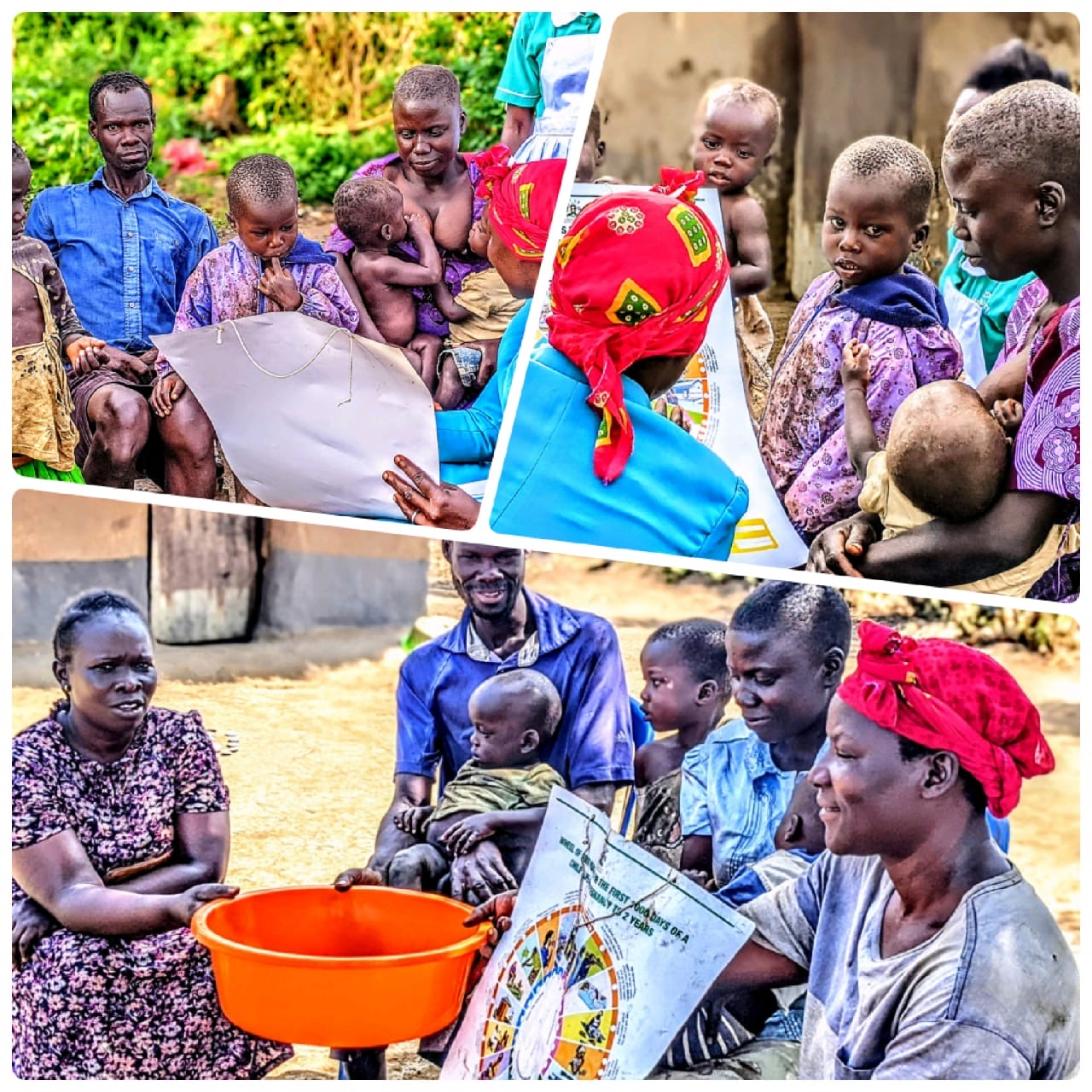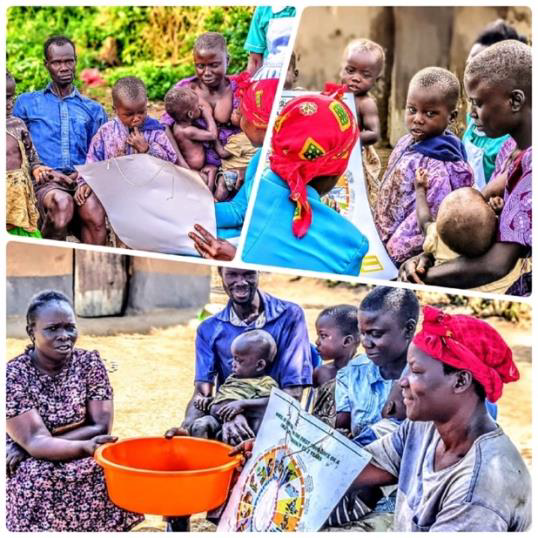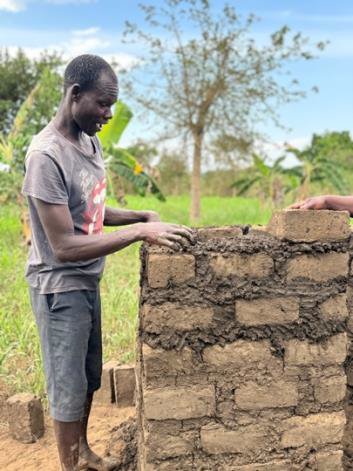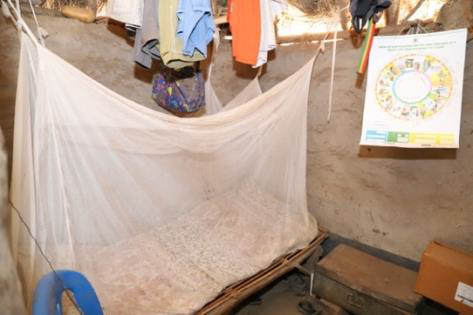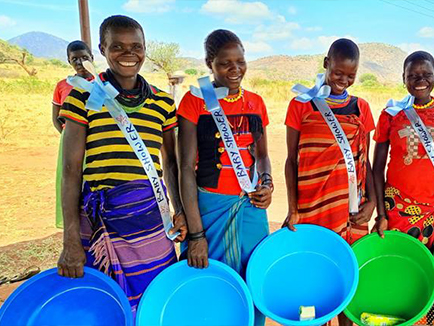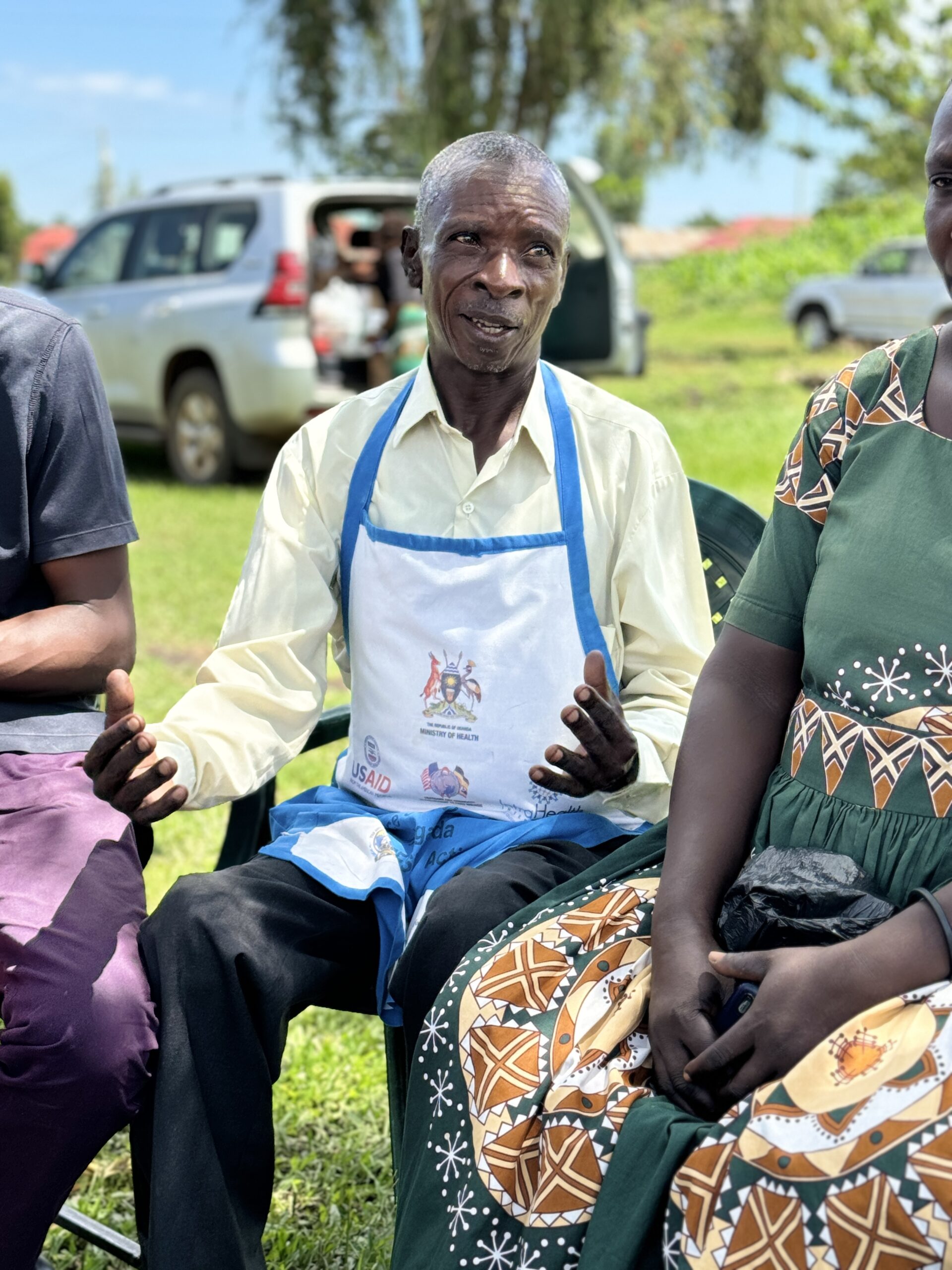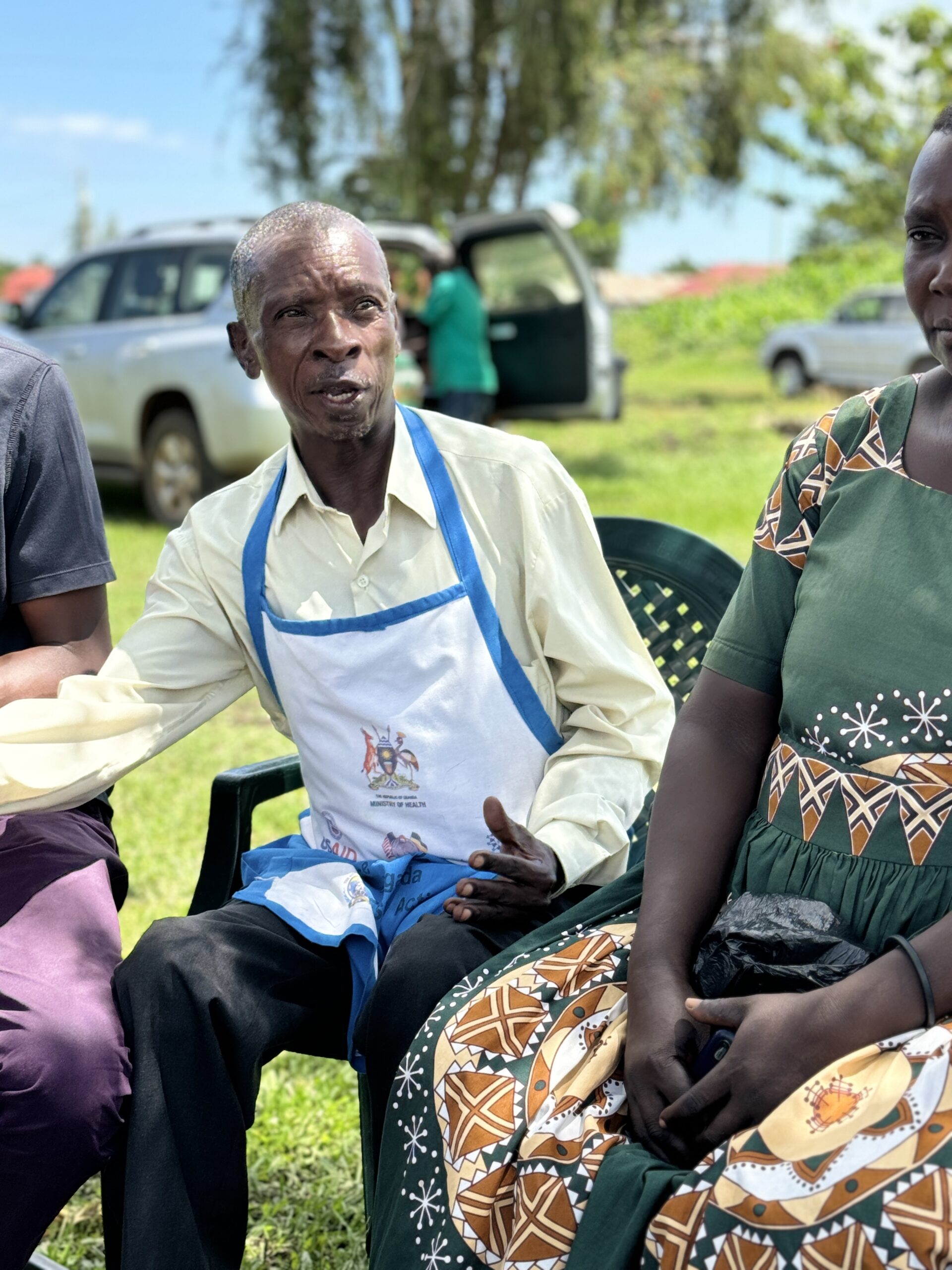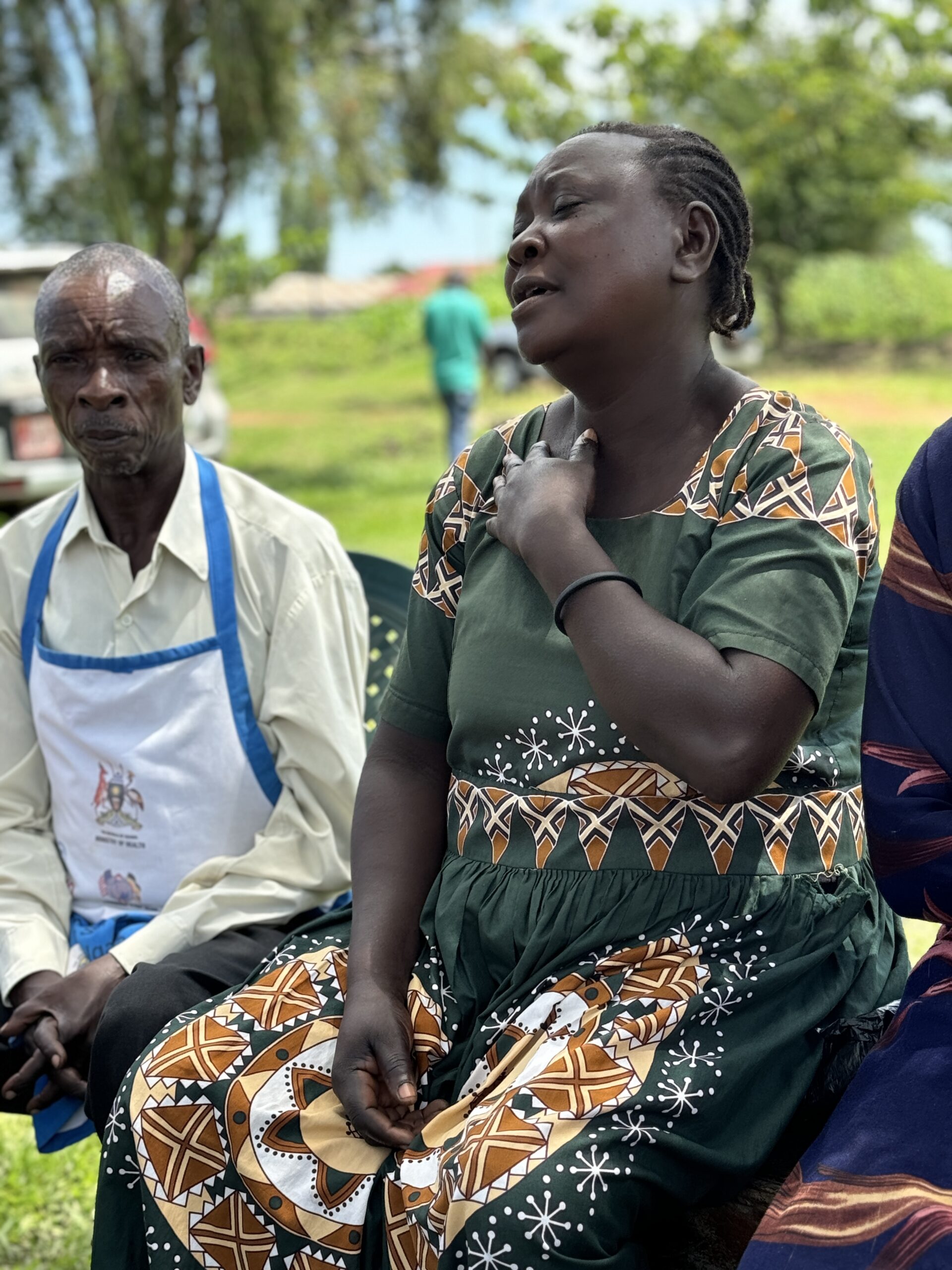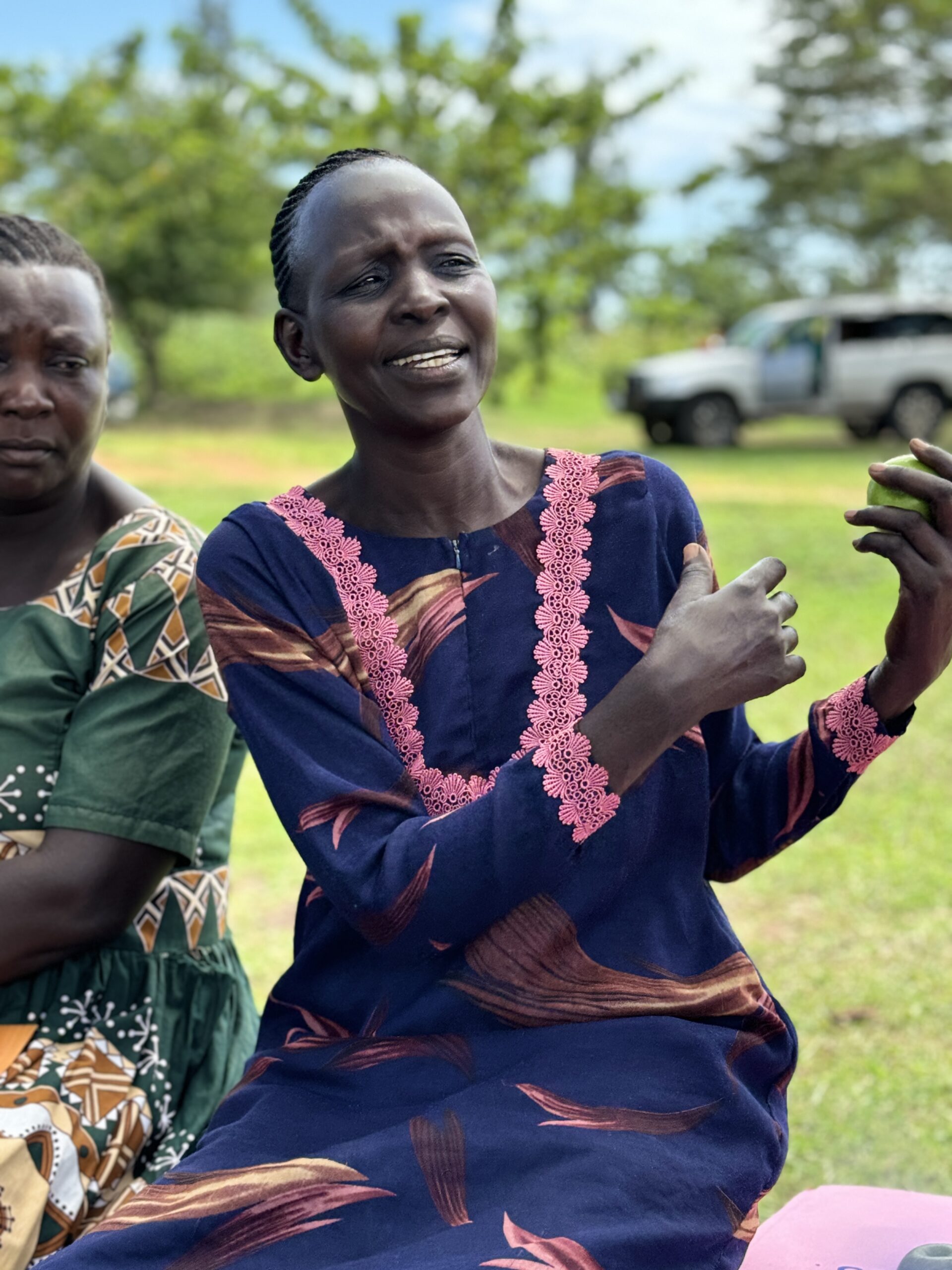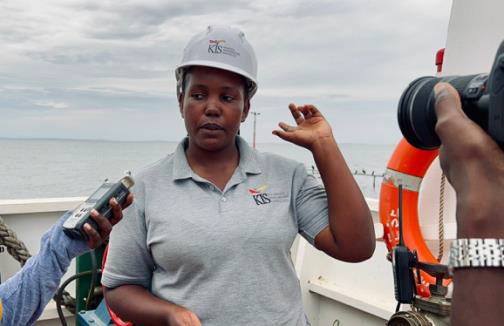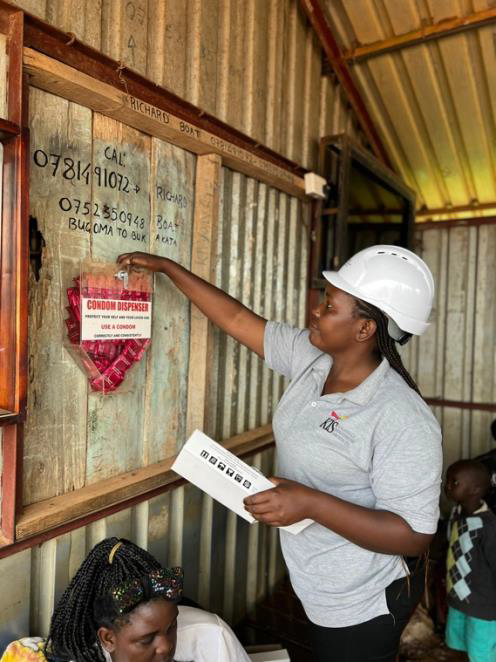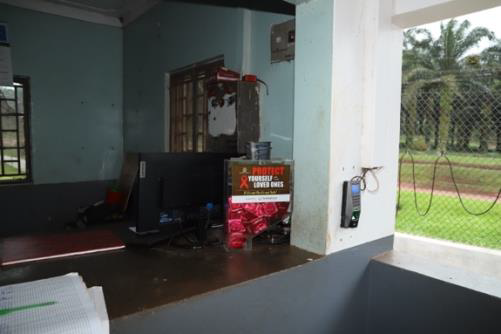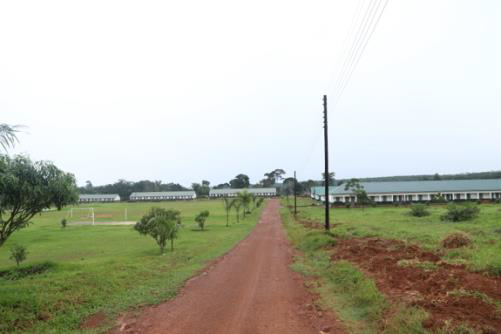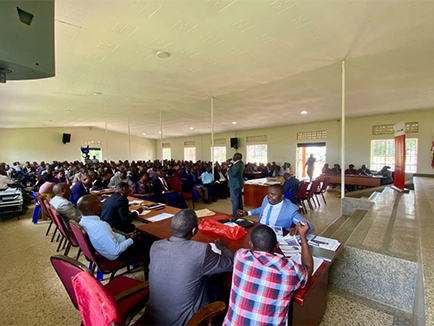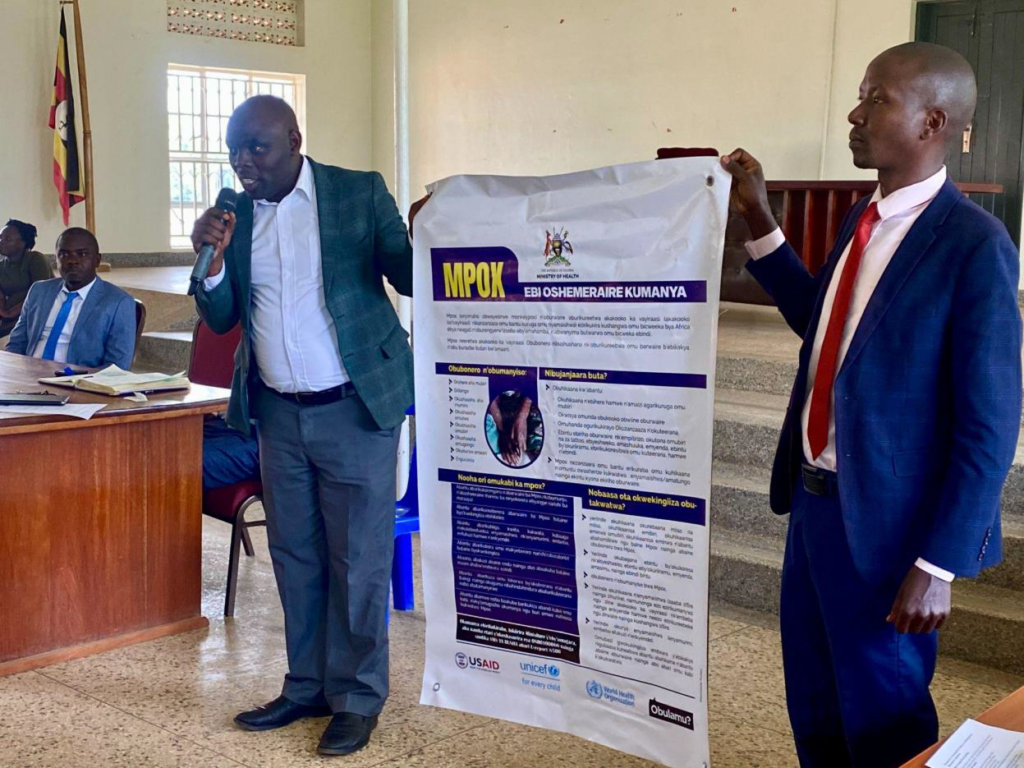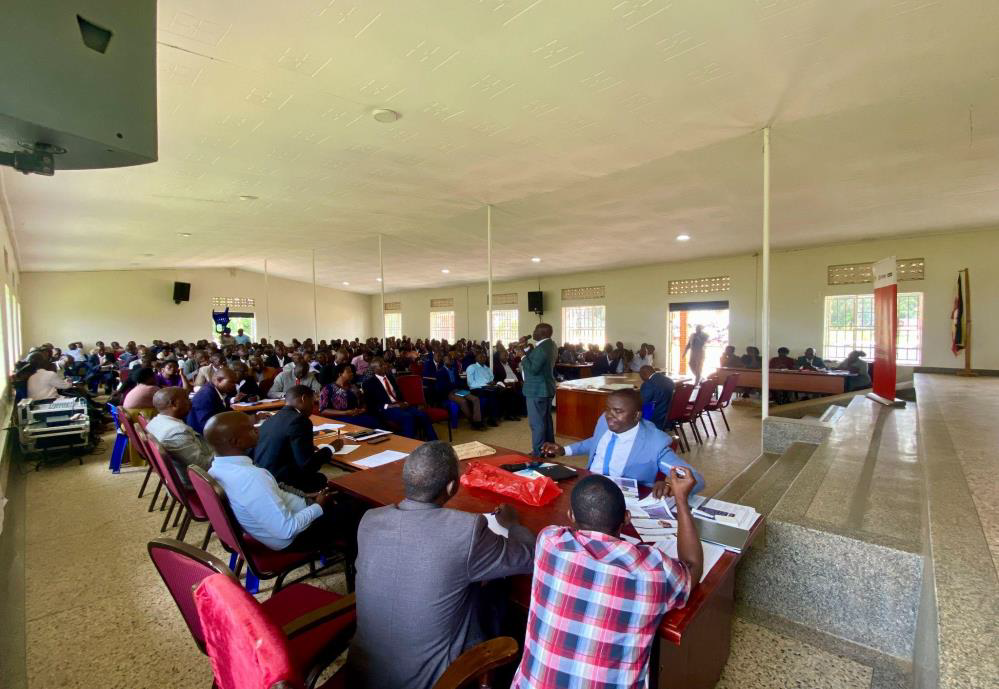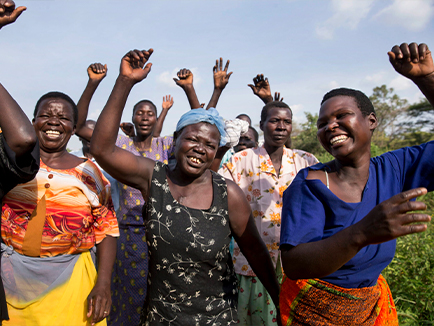“Now, you people, first leave me to enjoy, but on Monday morning, I will start listening and following the Mpox preventive measures.” ‘Muna’ a male reveller
Written by Beverly Anena – USAID/SBCA
Thousands of revelers gathered at the Nyege Nyege Festival in Uganda’s Jinja City from November 14–17, 2024, for the music, dance, and vibrant celebration. Nyege Nyege is a festival that involves musical performances across multiple stages, cultural dance displays, and an array of food, drink, and merchandise stalls. Held annually, the event attracts a multinational audience of fun seeking ‘party animals’ from across the world. However, beneath the celebration and Afrogalactic lights, the Nyege Nyege festival was a potential super-spreader event for Mpox and HIV.
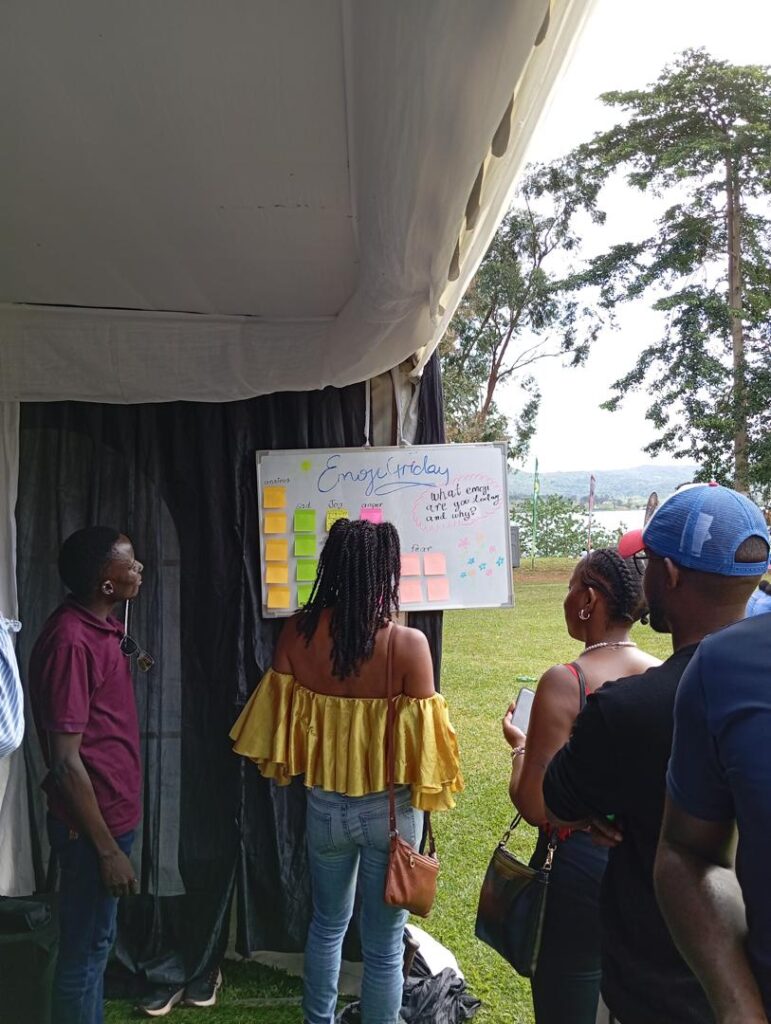
By November 11, 2024, Mpox continued to pose a significant public health concern in Uganda, with surges in positive cases to 445 and one death reported across 38 districts. High-risk behaviors and large gatherings created potential hotspots for transmission. Despite the risk communication and community engagement efforts, misconceptions about Mpox and low perception of risk remained a challenge, especially among the urban population and other at-risk audiences such as the sex workers who form part of the crowds at festivals across the country.
Communicating health messages during large festivals such as Nyege Nyege presented unique challenges, as attendees are primarily focused on enjoyment and making money. Recognizing this, USAID’s Social and Behavior Change Activity (SBCA) adopted a creative, interactive approach to effectively engage audiences while maintaining alignment with the festive atmosphere.
A female reveler who doubled as a sex worker, ‘Nancy expressed his discontent with health messaging at the festival stating, “Now you guys of Mpox, how will I make money if you are telling my clients that Mpox is spread through sexual intercourse?” she emphasized “I don’t care that Mpox can cost a life. I don’t care whether I contract HIV or not, all I care about is making money.” In addition to the fun-seeking revelers at festivals who may disregard health prevention caution, the attitude of the ‘Nancies’ presents even more tough challenges getting through to at-risk categories who sometimes are fatigued with health messages.
SBCA, in partnership with the Ministry of Health and local partners, launched pre-event radio campaigns and trivia quizzes, reaching over six million Ugandans with health messages. At the festival, the “Safe Circles” campaign was activated, featuring the Life Tree game, one-on-one talks, and educational materials to promote positive health behaviors. These activities fostered interactive discussions on Mpox prevention, encouraging participants to reflect on their health and their social groups’ well-being. As a result, A total of 985 individuals were tested for HIV, and 101 HIV self-testing kits were distributed. Additionally, 270 individuals were enrolled on PrEP, and four vaginal rings, along with 77 event-based PrEP doses, were distributed. In STI-related services, 1,191 individuals were screened, and 120 received treatment. Furthermore, 405 lubricants and 40,000 condoms were distributed, while 1,191 people were reached with Mpox and HIV awareness messaging.
Through these interventions, SBCA turned a public health challenge into an opportunity for community empowerment. SBCA continues to leverage lessons, insights and audience profiles from the event to inform Mpox programming and effective support to future events. This includes the nationwide rollout of the “Safe Circles” Mpox campaign on mass and digital media and targeted interpersonal communication interventions.



